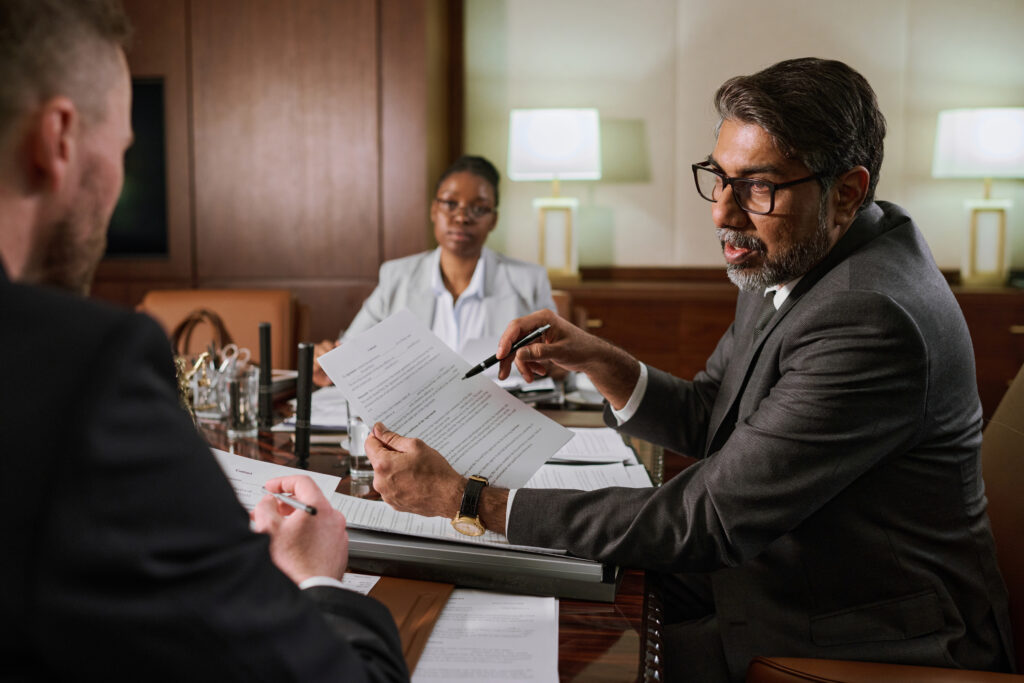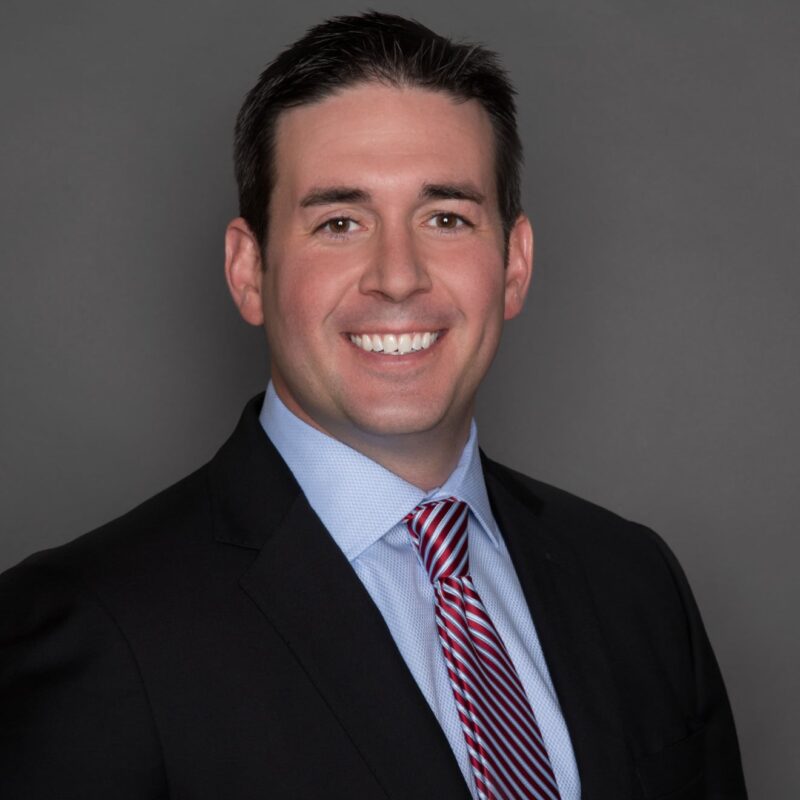Understanding the Procedure to Request a Jury Trial

Understanding the Procedure to Request a Jury Trial
In the criminal justice system, a jury trial is a fundamental right that allows defendants to have their cases heard and decided by a group of their peers. Requesting a jury trial can be a crucial step in ensuring a fair and impartial hearing. At R&R Criminal Defense Lawyers, we believe in empowering our clients with knowledge. Here’s a detailed guide on the procedure to request a jury trial.
What is a Jury Trial?
A jury trial involves a group of citizens, known as jurors, who are selected to examine the evidence presented and render a verdict of guilty or not guilty for any eligible charge. This process aims to provide an unbiased decision based on the facts of the case.
When Can You Request a Jury Trial?
The right to a jury trial is guaranteed under the Sixth Amendment of the U.S. Constitution for criminal cases. However, the availability of a jury trial can vary based on the type of offense and jurisdiction. Generally, defendants in felony cases and many misdemeanor cases have the right to request a jury trial.
Steps to Request a Jury Trial
- Understand Your Rights
Before making a request, it’s essential to understand your rights. Consult with your defense attorney to determine whether a jury trial is available for your specific case and if it is the best course of action. Many times a court may ask if you waive your right to a jury trial; it is important to know your options prior to making this decision. - Filing a Request
The request for a jury trial typically needs to be made in writing. Your defense attorney will prepare the necessary documents and file a formal request with the court. - Timing
Timing is critical. The request for a jury trial must be made within a specific period after the arraignment, as dictated by local court rules. Failing to request a jury trial within this timeframe can result in the forfeiture of your right to a jury trial. - Pre-Trial Motions and Hearings
Once a jury trial is requested, there will be a series of pre-trial motions and hearings. These are opportunities for your defense attorney to challenge the prosecution’s evidence, argue for the dismissal of charges, and address any legal issues that could affect the trial. - Jury Selection (Voir Dire)
Before the trial begins, a process called voir dire is conducted to select the jury. During voir dire, potential jurors are questioned by both the defense and prosecution to determine their suitability. The goal is to ensure an impartial jury is selected. - Trial Preparation
In the lead-up to the trial, your defense team will gather evidence, interview witnesses, and develop a strong defense strategy. This preparation is crucial to presenting a compelling case to the jury. - The Trial
During the trial, both the prosecution and defense present their cases, including opening statements, witness testimonies, cross-examinations, and closing arguments. The jury will then deliberate and render a verdict based on the evidence and instructions from the judge. - Post-Trial Procedures
If the jury returns a verdict of not guilty, you are acquitted of the charges. If found guilty, there may be post-trial motions, such as requesting a new trial or appealing the verdict.
Why Choose R&R Criminal Defense Lawyers?
Navigating the criminal justice system can be daunting. At R&R Criminal Defense Lawyers, we are committed to providing expert legal representation and guidance throughout the process. Our experienced attorneys understand the intricacies of jury trials and are dedicated to ensuring your rights are protected every step of the way.
Contact Us If you or a loved one is facing criminal charges and considering a jury trial, contact R&R Criminal Defense Lawyers for a consultation. We are here to help you understand your options and provide the robust defense you deserve.
